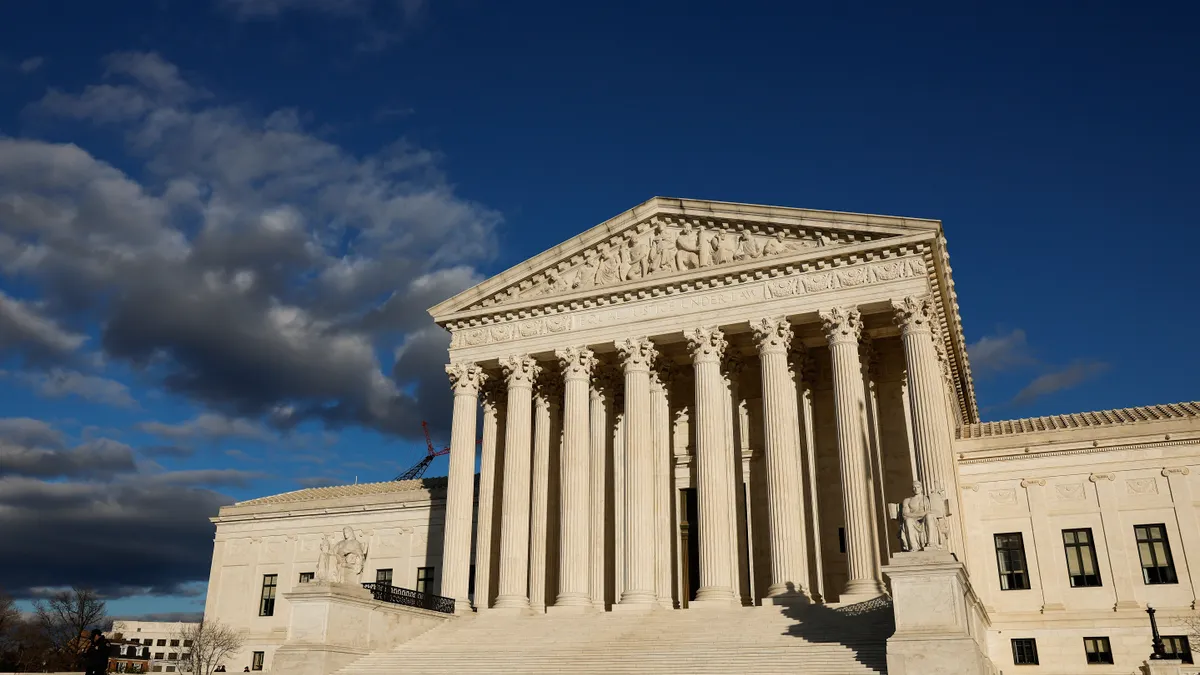Dive Brief:
- The full Senate Committee on Health, Education, Labor, and Pensions has begun debating the bipartisan Elementary and Secondary Education Act re-write by Sens. Lamar Alexander (TN), the committee's Republican chairman, and Patty Murray (WA), its ranking Democrat.
- While the bill has been crafted behind closed doors for several months, it is now up for debate by senators of all political leanings.
- The White House has been rooting for this version of the re-authorization bill as it keeps standardized testing in place and has, after various drafts, nixed a clause that would have given the thumbs up to funding portability.
Dive Insight:
The race is on between the Senate and the House as to who will get their ESEA re-write approved first. Currently, it looks like the Senate is in the lead, though it didn't always look that way. In February, the House was supposed to vote on its version of the re-write, but the vote was never held because of conservative opposition. While the Senate's bill is being lauded for its bipartisan efforts, the House version had opposition on all sides.
One thing that is clear: ESEA needs to be re-written. Currently, states are held to the last iteration of the act, the Bush-era No Child Left Behind. The 2002 bill holds schools to implausible gains (100% proficiency by 2014), and the only way to get out of those requirements is to get a waiver from the Obama administration. That comes with its own set of equally contentious requirements, such as the adoption of the Common Core State Standards and teacher evaluations tied to test scores.





 Dive Awards
Dive Awards








